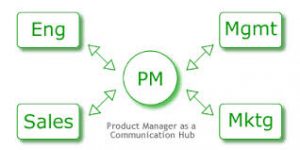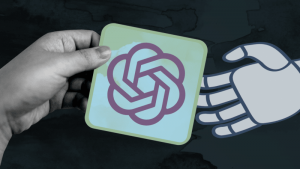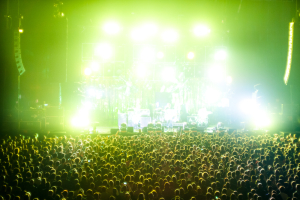OpenAI Co-Founders Separately Go After Super Intelligence

This latest progress in AI for advertising might not be revolutionary but it is fast-paced. Two former OpenAI co-founders say they will separately build supercomputers to support AI, giving the companies the ability to run extremely complex mathematical calculations and processing.
Ilya Sutskever, a well-respected AI researcher, will focus on building a “safe superintelligence” to rival his former AI start-up OpenAI just a month after he quit the company.
The new company–Safe Superintelligence (SSI)–has a mission, name, and product roadmap.
“Our team, investors, and business model are all aligned to achieve SSI,” Sutskever wrote in a post on X.
Sutskever signed the post, along with former OpenAI employee Daniel Levy and AI investor and entrepreneur Daniel Gross, who worked as a partner at Y Combinator, the Silicon Valley start-up incubator that OpenAI CEO Altman once ran.
“Our singular focus means no distraction by management overhead or product cycles, and our business model means safety, security, and progress are all insulated from short-term commercial pressures,” Sutskever wrote.
The American company will have offices in Palo Alto, California and Tel Aviv, Israel, a location where the company has deep roots and the ability to recruit top technical talent.
Google and Microsoft, two companies entrenched in AI to support advertisers, use multiple supercomputers, including quantum computers, which relies on the laws of quantum mechanics to solve problems too complex for classic computers.
Google’s AI supercomputers have been online since 2020 in a data center in Oklahoma.
The company has used these supercomputers to train its large language model, PaLM (Pathways Language Model), and to generate images from text. Google’s supercomputers have been said to be faster and more power-efficient than Nvidia’s A100 chip.
Microsoft announced its AI supercomputers in 2020, and built them in collaboration with OpenAI. It hosts the supercomputer in Azure, which was designed specifically to train the company’s AI models.
Elon Musk’s startup xAI also plans to build a supercomputer in Memphis, Tennessee. The investment amount is still being finalized.
The Wall Street Journal reported that the project is earmarked to be housed at an old manufacturing facility, and still needs the approval of local and regional authorities.
Musk, an OpenAI co-founder, launched rival xAI in summer of 2023 after seeing the success of the company he initially financed and left. Since then, he has released a chatbot called Grok.
The Memphis facility would support Musk’s efforts in AI, where he competes with OpenAI, Google and Microsoft, among others.
As the WSJ points out, each of these companies has committed billions of dollars to secure data centers and chips needed for developing AI models.
Musk’s plan is not completely clear, but one thing is certain. At the Cannes International Festival of Creativity this week, Musk clarified the comment “Go f**k yourself” made to advertisers last year in an attempt to win back ad dollars to X.
“First of all, it wasn’t to advertisers as a whole,” Musk said. “It was with respect to freedom of speech. It is important to have a global free speech platform where people with a wide range of opinions can voice their views. In some cases, there were advertisers who were insisting on censorship.”
(11)
Report Post



